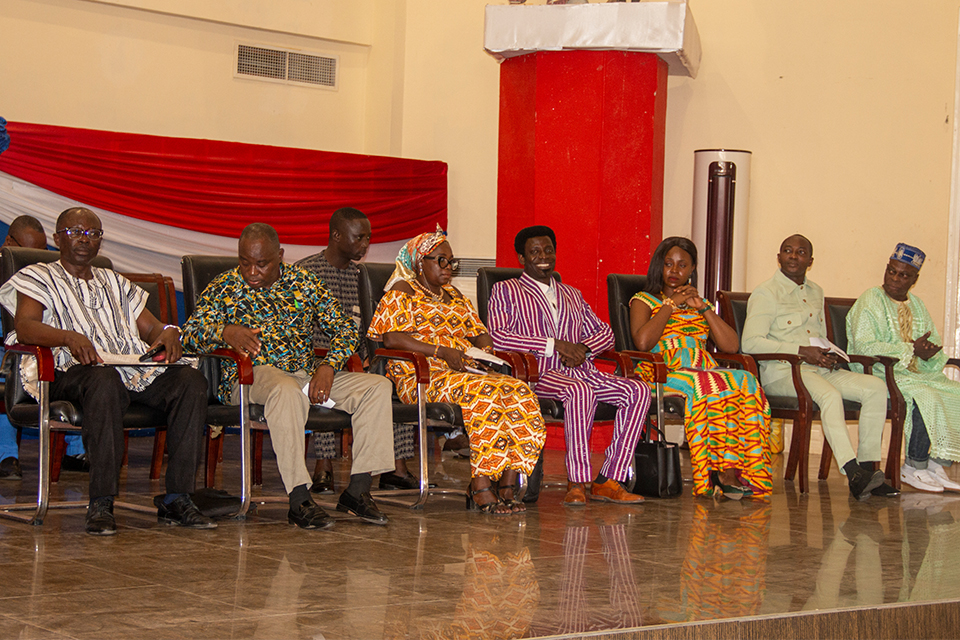CAS-UEW Celebrates Maiden Departmental Week, Eyes Future Growth
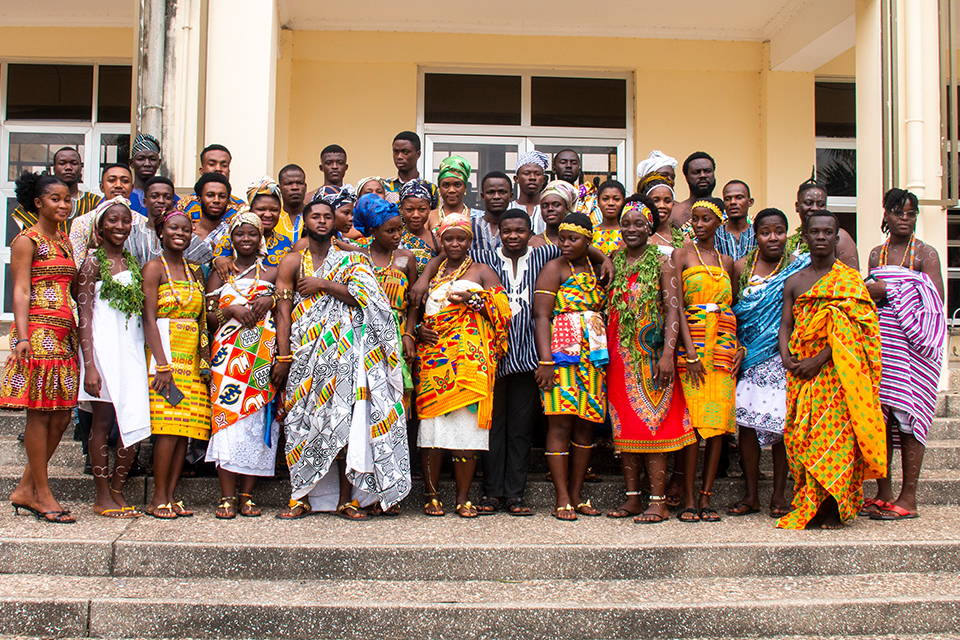
The Centre for African Studies (CAS) at the University of Education, Winneba (UEW), has marked a historic milestone by celebrating its maiden Departmental Week, underscoring its commitment to fostering educational growth and cultural pride.
The weeklong event at the North Campus of UEW centred around the theme “Promoting Life-Long Learning for Africa’s Development,” featured a vibrant showcase of indigenous Ghanaian culture.
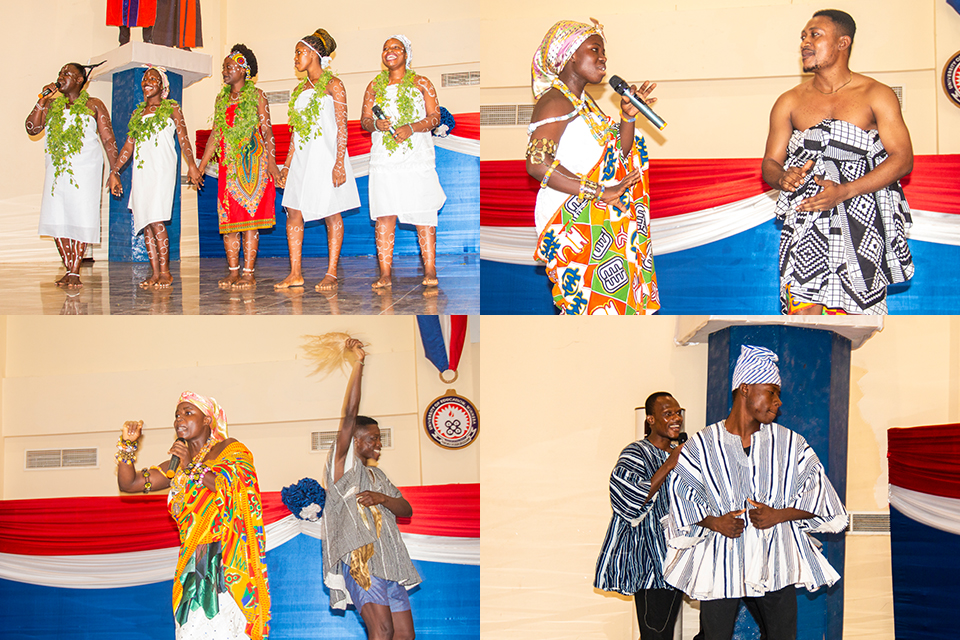
The celebration was rich with activities to enhance awareness and appreciation of Africa’s diverse heritage. Attendees were treated to colourful displays and performances representing Ghana’s major ethnic groups, including the Akan, Mole-Dagbani, Ewe, and Ga-Dangme. Traditional music, dance, and storytelling captivated the audience, highlighting the significance of cultural identity in sustainable development.
Workshops and panel discussions, led by distinguished scholars and practitioners, were also key components of the week. These sessions explored various aspects of African studies, such as education policies, cultural preservation, and socio-economic development. The collaborative discussions encouraged participants to share insights and experiences, reinforcing the importance of continuous learning and adaptation in a rapidly evolving world.

During a durbar that marked the climax of the celebration, Dr. Alfred Kuranchie, Acting Head of CAS-UEW, paid tribute to the pioneering efforts of past leaders and lecturers who have contributed significantly to the growth of the Centre. He outlined plans to update and upgrade the African and Liberal Studies courses, incorporating 21st-century knowledge and skills. Dr. Kuranchie also revealed a forthcoming retreat to review the courses and strategise for future development.
“The Centre is expanding its academic programmes, with newly developed postgraduate programmes (MA and MPhil in African Studies) currently awaiting approval. Additionally, CAS hosts the Religious and Moral Studies Education programme, which trains teachers in Christian Religious Studies, Islamic Studies, and West African Traditional Religion,” Dr. Kuranchie affirmed.
He also highlighted CAS's dedication to research, mentioning ongoing efforts to write research proposals, conduct studies on national issues, establish a journal, and organise a seminar series. Dr. Kuranchie called for support from students, staff, and management to realise these aspirations, aiming to make CAS a renowned centre for teaching and research.
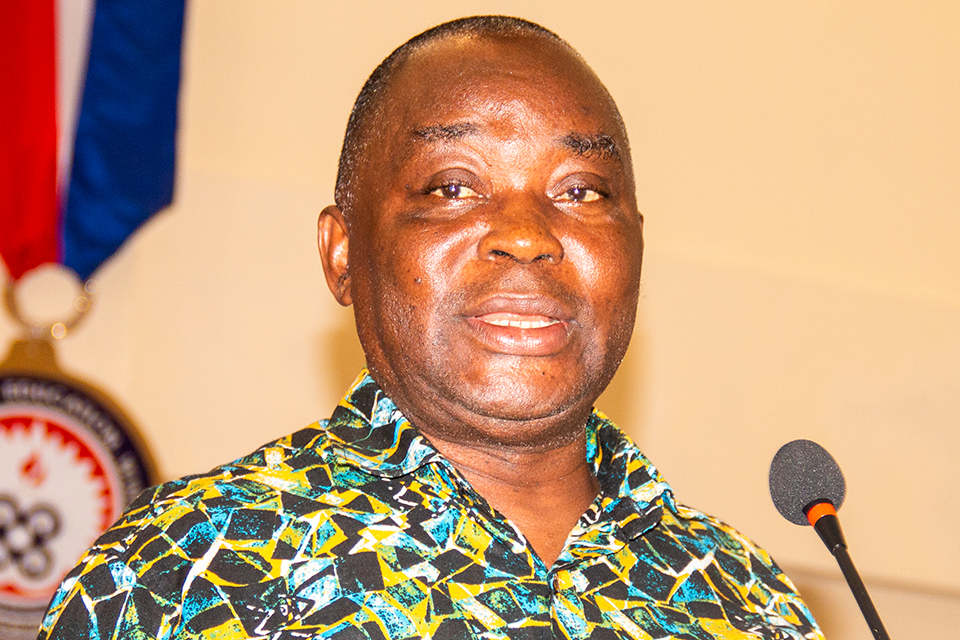
Prof. Samuel Kwesi Asiedu-Addo, who chaired the durbar, emphasised UEW’s goal of equipping students with critical thinking, analytical, and mathematical skills to navigate complex challenges. He encouraged students to make the most of their time at UEW by developing skills that transcend their academic disciplines.
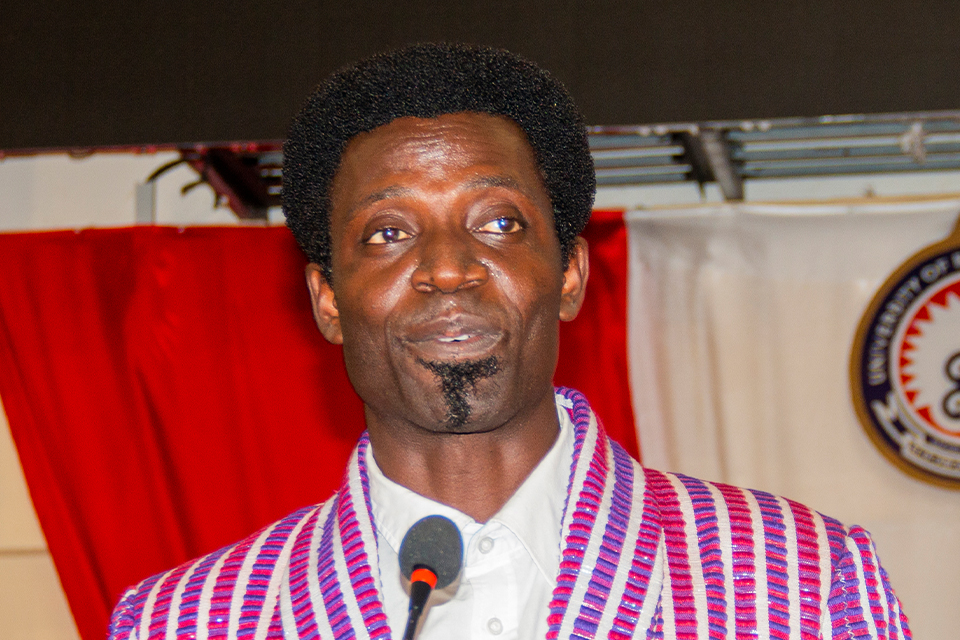
The keynote speaker, Prof. Osuanyi Quaicoo Essel, highlighted the importance of a multidisciplinary approach to African studies, stressing the role of lifelong learning in driving development and reclaiming the continent’s rich cultural heritage. "Lifelong learning is an instrument for change. It promotes societal growth, economic development, and environmental sustainability," Prof. Essel remarked.
He stressed that African studies should focus on indigenous knowledge systems, community-based learning, and practical experiences. Prof. Essel called on educators, learners, and policymakers to promote continuous skill improvement, foster critical and innovative thinking, address diverse learning needs, and ensure sustainability and environmental stewardship. “By embracing lifelong learning principles, Africa can reclaim its rich cultural heritage and drive development,” he stated.
Prof. Essel also touched on the importance of African unity, invoking Dr. Kwame Nkrumah’s vision for a continental union government. He advocated for breaking down artificial borders and promoting economic cooperation among African states, stressing the need for harmonised economic policies and a common objective.
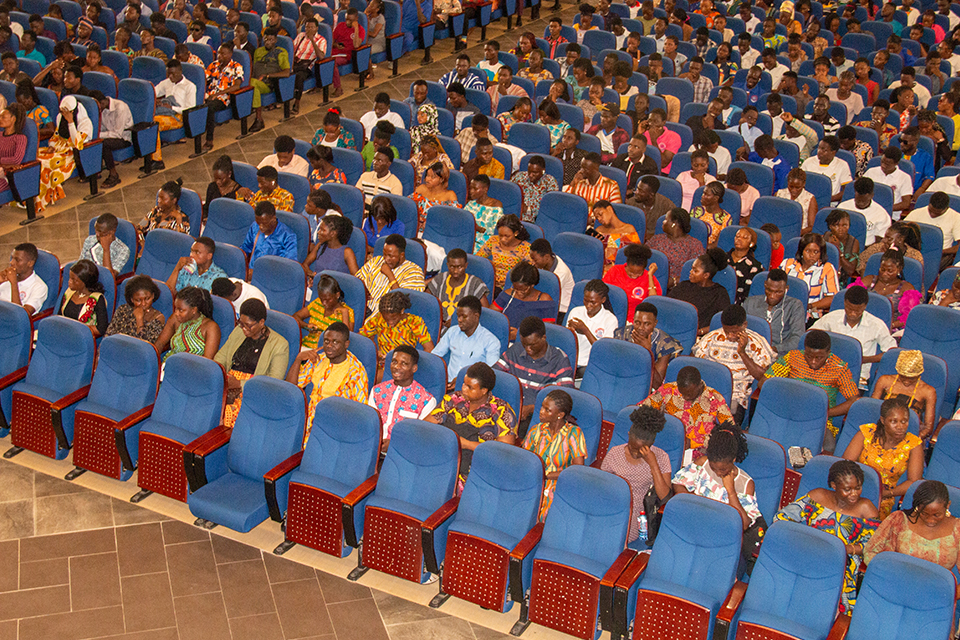
The keynote speaker further emphasised the need for inclusive lifelong learning programmes, research on African indigenous and contemporary cultural development, and the integration of African social values and laws. He called for a multi-modal strategy that combines technology, experiential learning, community participation, and interdisciplinary and transdisciplinary curriculum design.
UEW’s Centre for African Studies has set a promising precedent with its first Departmental Week, demonstrating that by valuing cultural heritage and lifelong learning, the pathway to Africa’s sustainable development is not just a dream but an achievable reality. The celebration stands as a testament to the university’s dedication to fostering an inclusive and progressive educational environment, preparing the next generation for the challenges and opportunities ahead.
